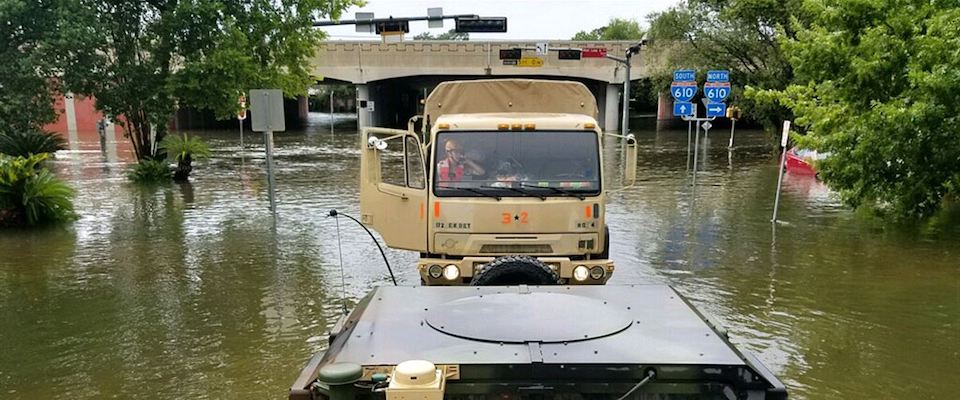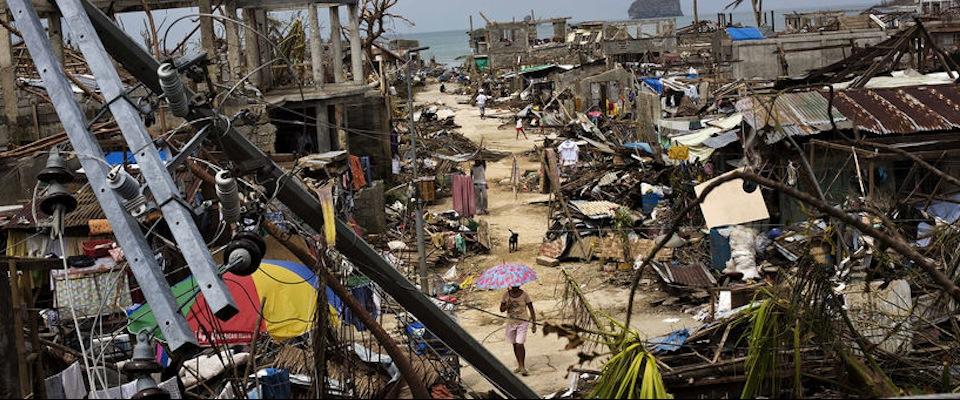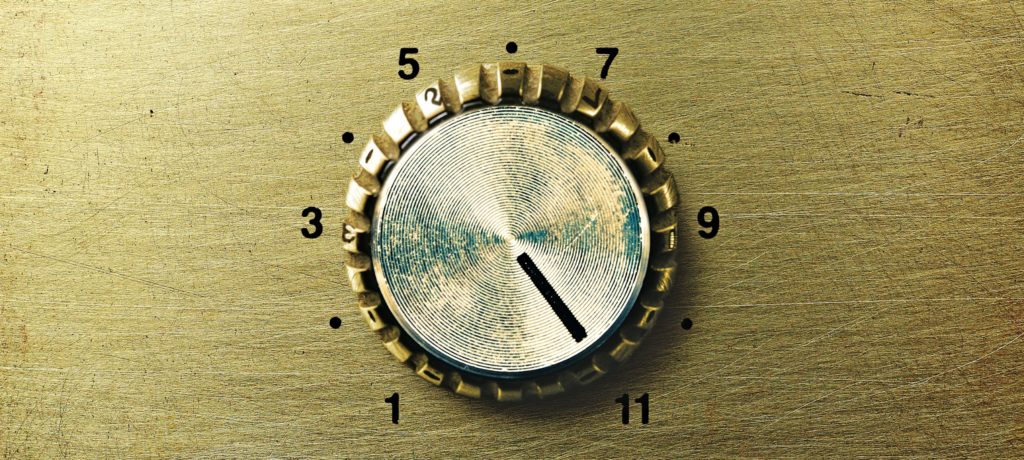Hurricane Harvey was declared a Category 4 storm late this past Friday, was downgraded to a tropical storm on Saturday, and is officially the most extreme rain event in U.S. history.
Though it’s generally considered bad taste to point fingers at what (or who) invited a no-gooder like Harvey to the party, UC Berkeley scientists are definitely casting sideways glances (and a few dagger-stares) at the most obvious suspect: global warming.
“There is a building awareness of the degree to which climate change makes these types of tropical storms more severe,” said Berkeley Renewable and Appropriate Energy Laboratory director Dan Kammen in an interview.“It’s clear that events like this—increased wildfires, droughts—these are all what we expect to see in a globally warmed climate changed world.”
The Gulf of Mexico’s unusually high 90-degree water temperatures made the flooding caused by Harvey even more destructive, Cal professor of atmospheric science Inez Fung told the Daily Californian. While winds and currents generally move most hurricanes back out to sea, in the case of Harvey, the moisture remains more stagnant due to warmer temps, Fung says.
“Human-caused warming is penetrating down into the ocean. It’s creating deeper layers of warm water in the Gulf and elsewhere.”
“Not only are the surface waters of the Gulf of Mexico unusually warm right now, but there is a deep layer of warm water that Harvey was able to feed upon when it intensified at near record pace as it neared the coast,” wrote climateologist and Berkeley alum Michael E. Mann in an op-ed for the Guardian. “Human-caused warming is penetrating down into the ocean. It’s creating deeper layers of warm water in the Gulf and elsewhere.”
Not only that, but sea level rise due to global warming has increased more than half a foot over the last three decades, according to Mann. “That means the storm surge was half a foot higher than it would have been just decades ago, meaning far more flooding and destruction,” he says.
According to Kammen, the more we lag in reducing our greenhouse gas emissions in order to curb these natural disasters, the larger the economic hurdle will become—a hurdle we’re already being forced to leap.
The destruction reaped by hurricanes doesn’t just affect buildings and communities, but also the country’s gas and oil operations (Hurricanes Katrina and Rita destroyed 115 platforms and damaged 52 others). Roughly 2.2 million barrels per day of refining capacity were taken offline thanks to Harvey, according to estimates by energy and commodities firm S&P Global Platts—and Gulf refineries account for almost a third of America’s gas, diesel, and oil operations.
Basically, while it’s hard to say that climate change “caused” Hurricane Harvey, it’s fair to claim that it worsened its effects.
“[Climate change] exacerbated several characteristics of the storm in a way that greatly increased the risk of damage and loss of life,” Mann says.





















